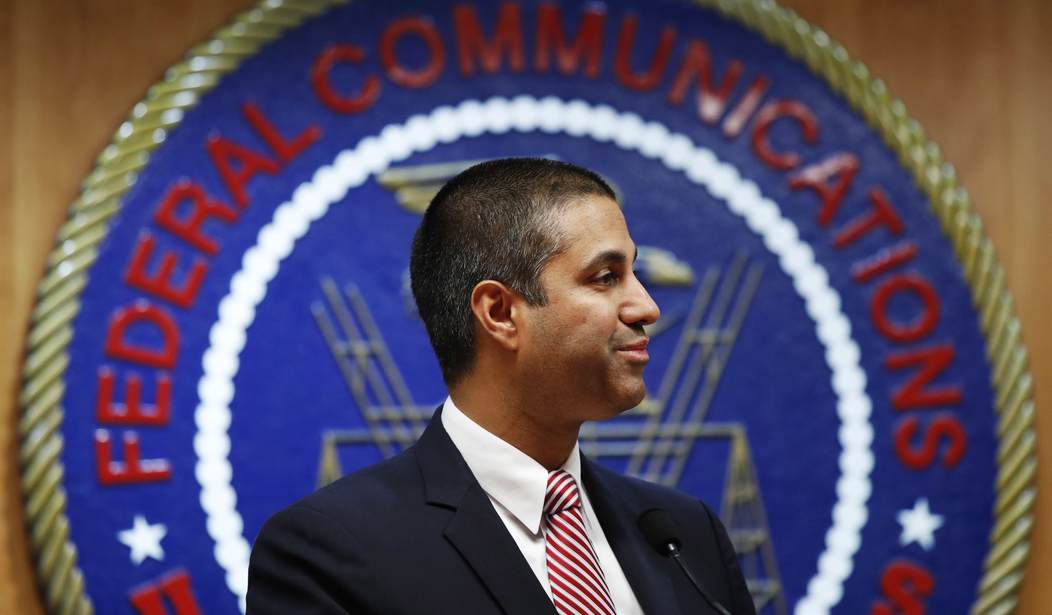The Pew Charitable Trusts found that states are generally being more proactive in protecting taxpayers by requiring matching funds and accountability measures in their broadband granting programs.
As the need for high-speed internet grows, more and more states are implementing programs that award funding to providers or local governments to build and maintain networks to service citizens. Pew examined programs in nine states to provide a slice of the current situation around the U.S.
Kathryn De Wit, manager of Pew’s broadband research initiative, told the Taxpayers Protection Alliance (TPA) that the group found successful models of all types, but public-private partnerships seemed to be the most common.
“States are finding that when providers and communities have options that gets you to a solution,” she said.
Net neutrality rears its head again in this study. Although the fervor about the issue has largely died down after the Federal Communications Commission (FCC) passed rules removing Title II restrictions on internet service providers in 2018 (and an appeals court later upheld that decision), Maine and Colorado added requirements that providers follow net neutrality rules to receive funding. TPA found in an investigation last year that the FCC had not seen an influx in complaints about blocking and throttling after the rules were repealed.
Pew notes that, “In 2019, Colorado added net neutrality requirements for Broadband Fund grant recipients. The requirements preclude ISPs that do not follow the principles of net neutrality from receiving funding from a state broadband fund. The legislation further requires that if a provider is found to have violated these standards, it must refund money it received.”
Recommended
Pew also found that West Virginia treats broadband like a utility. The West Virginia Development Office has reallocated some of its federal Community Development Block Grants funds normally used for water and sewer projects to create broadband infrastructure.
Kelly Workman, administrative director for the broadband initiative within the office, said, “If we can run waterlines through West Virginia, we can run fiber.”
Some examples of the accountability measures that Pew found:
The Colorado Department of Local Affairs (DOLA) requires regional government grantees to formulate a strategic plan for broadband deployment. This helps communities understand their existing assets and examine potential solutions, including private ownership and public-private partnerships. DOLA also requires that grantees include providers in the planning process, which allows communities to explore partnerships or learn where providers might be planning or willing to extend their service.
Maine’s ConnectME Authority requires that communities applying for grants identify existing broadband efforts, including economic development plans that could include broadband.
“Broadband-ready” communities get priority status in Tennessee. A 2017 measure requires communities to create a single point of contact within the local government for broadband providers, sets a 30-day time limit for permits and allows them to be handled electronically to receive the broadband ready designation. Providers are more likely to have their grant application approved if they intend to serve one of these certified communities.
Wisconsin’s Broadband Forward! also focuses on removing barriers to deployment. The Wisconsin Broadband Office certifies communities if they establish the same provider-friendly measures in the aforementioned Tennessee program, plus also limiting permit fees for broadband infrastructure. Bill Esbeck, executive director of the Wisconsin State Telecommunications Association, told Pew that obtaining the certification signals to the private sector that “not only are you interested in their investment, but you are going to be more than a willing partner to create that streamlined process.”
De Wit noted that the certification process helps open up “communication between providers and local leaders in what will create opportunities for investment in the community.”
De Wit told TPA that states are increasingly requiring grant recipients to send progress reports and provide more data, often paying the money out on the back end as the work is completed.
“States are using the data to ensure they are meeting the benchmarks of their programs,” she said. “We think the trend of accountability is a good thing and ensuring communities are getting the connections they are promised.”
Johnny Kampis is investigative reporter for the Taxpayers Protection Alliance.

























Join the conversation as a VIP Member